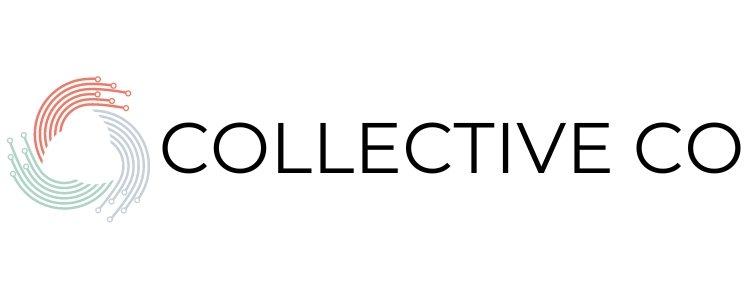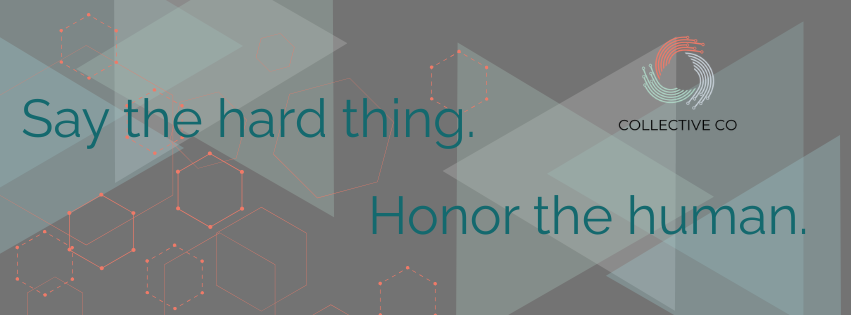Let’s be honest: Most teams don’t struggle because of one big failure. They struggle because of all the little things no one said out loud.
The comment that went unaddressed. The missed deadline that got brushed over. The meeting where no one asked the hard question.
Over time, the silence adds up. And eventually, so does the cost.
The Myth of “Nice”
Kindness doesn’t mean avoidance.
Dignity doesn’t mean silence.
And “keeping the peace” isn’t the same as leading with courage.
We’ve seen it too often: high-capacity leaders avoid conflict in the name of team harmony or even out of respect for the leader(s)—but end up creating a surface-level culture no one trusts.
Why? I’m glad you asked, because here’s the reality:
Avoiding conflict is not kindness.
Withholding accountability is not dignity.
The healthiest teams are willing to lean into tension—and do it in a way that builds trust, not breaks it.
Here’s what that looks like:
1. Healthy Conflict: Clarity Over Comfort
Conflict isn’t about who’s right—it’s about getting to what’s real and always in pursuit of the best idea or solution.
When teams embrace productive conflict, they move faster, think clearer, and make better decisions. Not because everyone agrees, but because everyone’s voice at the table is heard.
And it doesn’t have to get weird or aggressive.
Healthy conflict sounds like:
- “Help me understand how you got to that conclusion.”
- “Can I push on that a little?”
- “I have a different perspective. Want to hear it?”
This kind of tension is good tension. It’s a sign of maturity and health, not dysfunction.
2. Accountability: Love and Limits
Accountability isn’t a punitive word. It’s not confrontational or aggressive. It’s an act of leadership. And yes—an act of love.
We hold people accountable not because we want to control them, but because we made some decisions together and agreed and believe in them. We believe the work matters. The mission matters. They matter.
When we lead with both high clarity and high care, we build cultures where expectations are clear—and where people feel seen, not shamed.
Accountability done right sounds like:
- “This didn’t meet the bar. What support do you need?”
- “I’m for you, and I also need to name what’s not working.”
- “This isn’t about blame—it’s about getting better together.”
3. Kindness and Dignity: The How Matters
Truth without love feels harsh.
Love without truth feels hollow.
But when you combine both—dignity meets honesty—and teams rise.
Can we even use the word “love” in business? YES! Love in the workplace is a love that is predicated on dignity, honor and respect. It doesn’t equate to weakness or lack of leadership, in fact I would argue it requires greater intentionality and higher EQ and IQ to lead with love.
Leading with kindness isn’t about soft-pedaling hard conversations. It’s about doing the hard work in a way that builds people up, even when the message is tough.
You can say the hard thing and still honor the human. In fact, that’s exactly what the best leaders do.
Culture Check Questions:
- Are we avoiding tension in the name of being “nice”?
- Do people know it’s safe to disagree—respectfully and constructively?
- Do our accountability conversations match our values, not just our metrics?
Bottom Line:
You can’t build a strong team without truth.
And you can’t sustain a great culture without kindness.
When teams normalize healthy conflict and consistent accountability—wrapped in dignity, respect, and clarity—they unlock something powerful:
Real trust. Real growth. Real alignment.
Let’s stop pretending the absence of conflict means we’re healthy. Let’s do the work—the messy, honest, human work—of saying what needs to be said, in the way it deserves to be heard.
Because that’s where trust lives. And that’s where real leadership starts.
Say the hard thing. Honor the human

